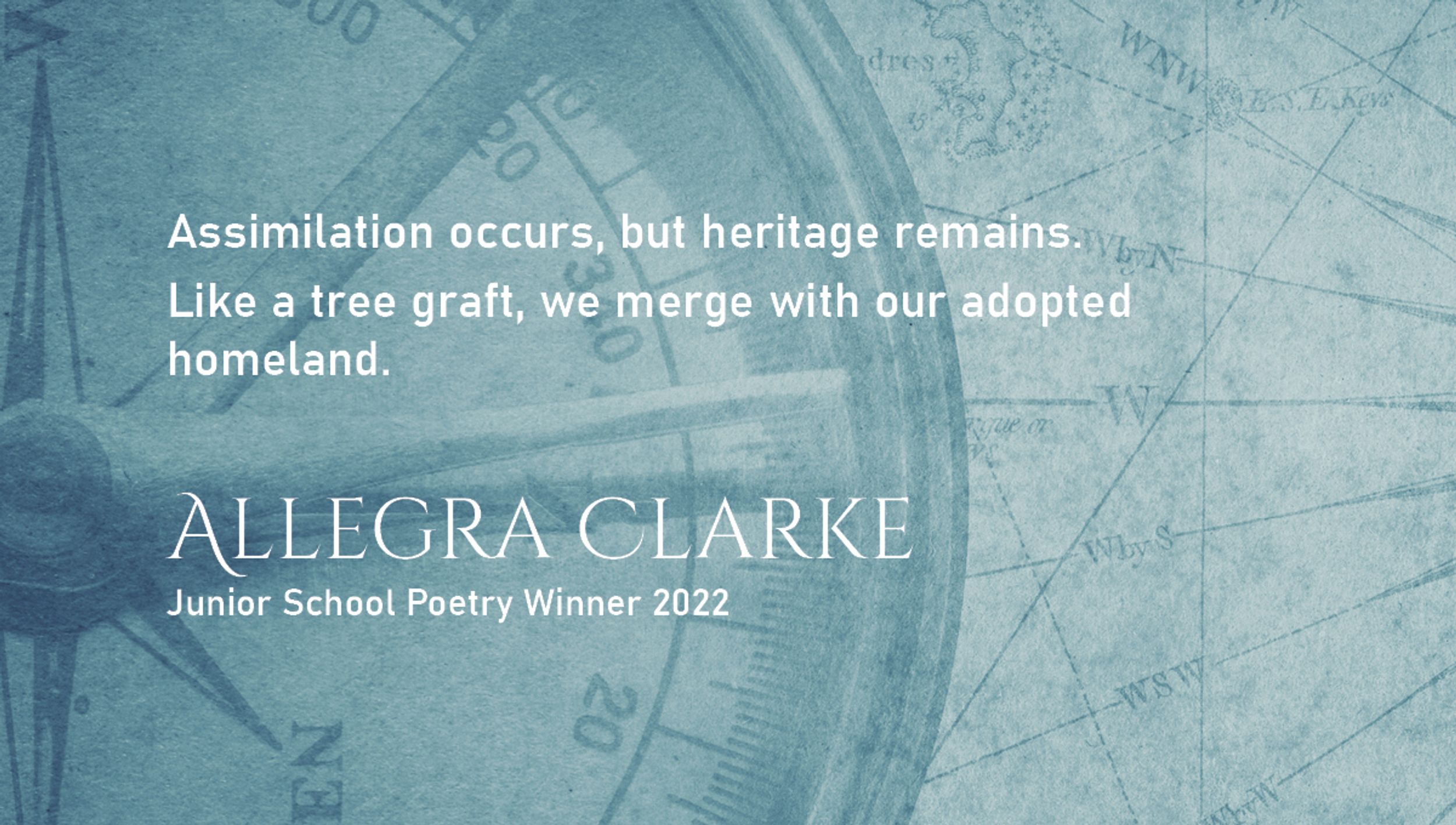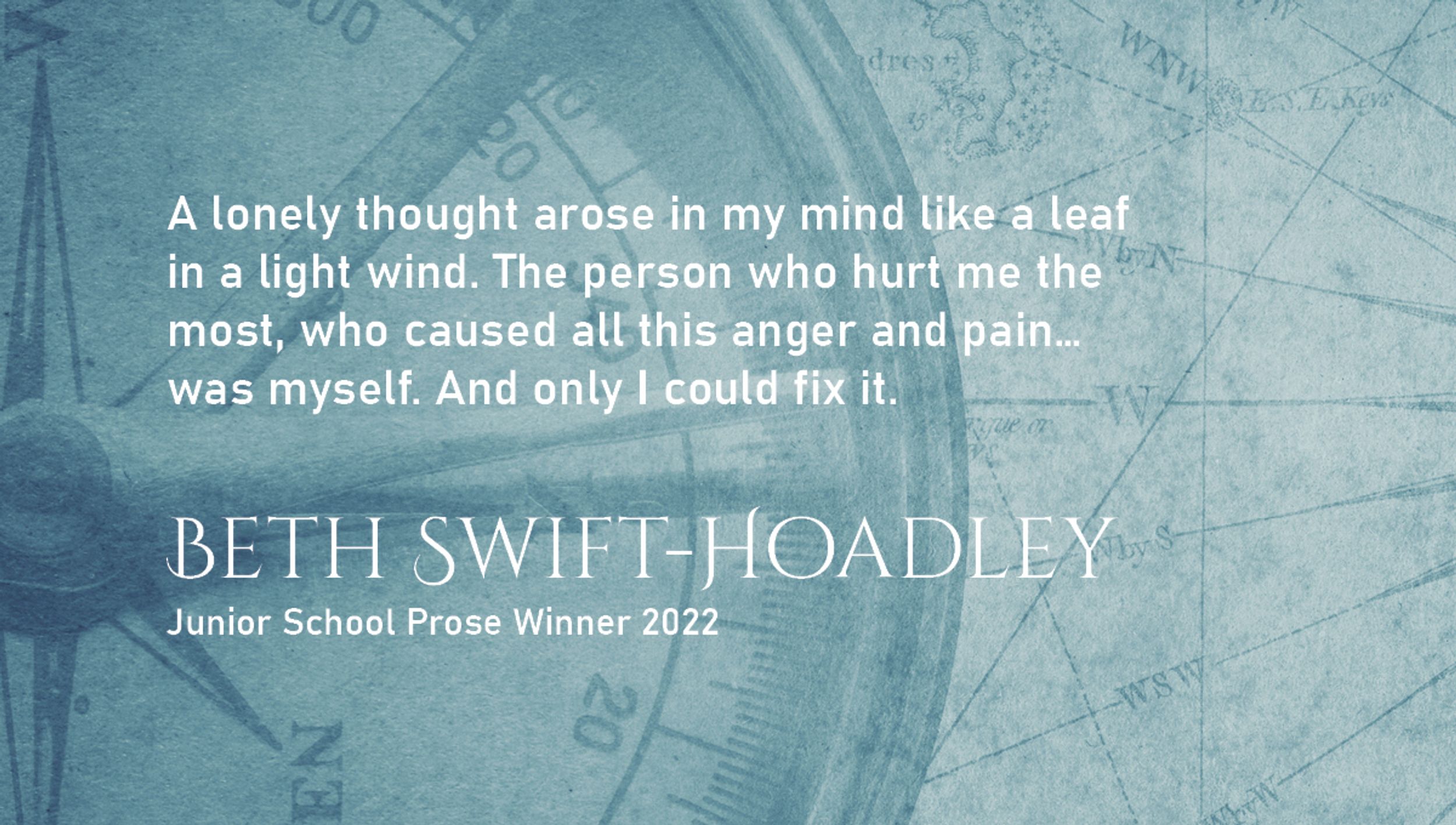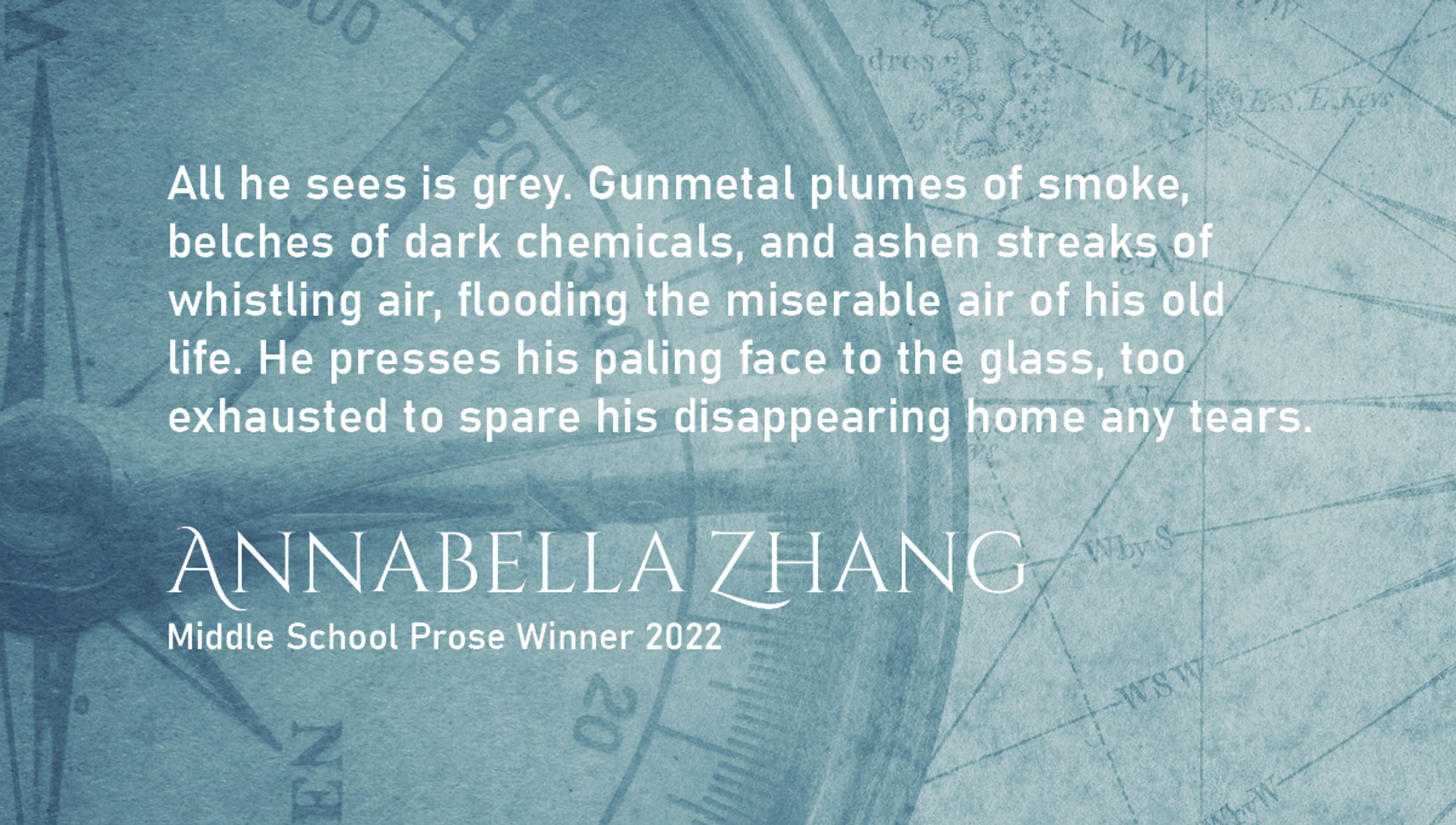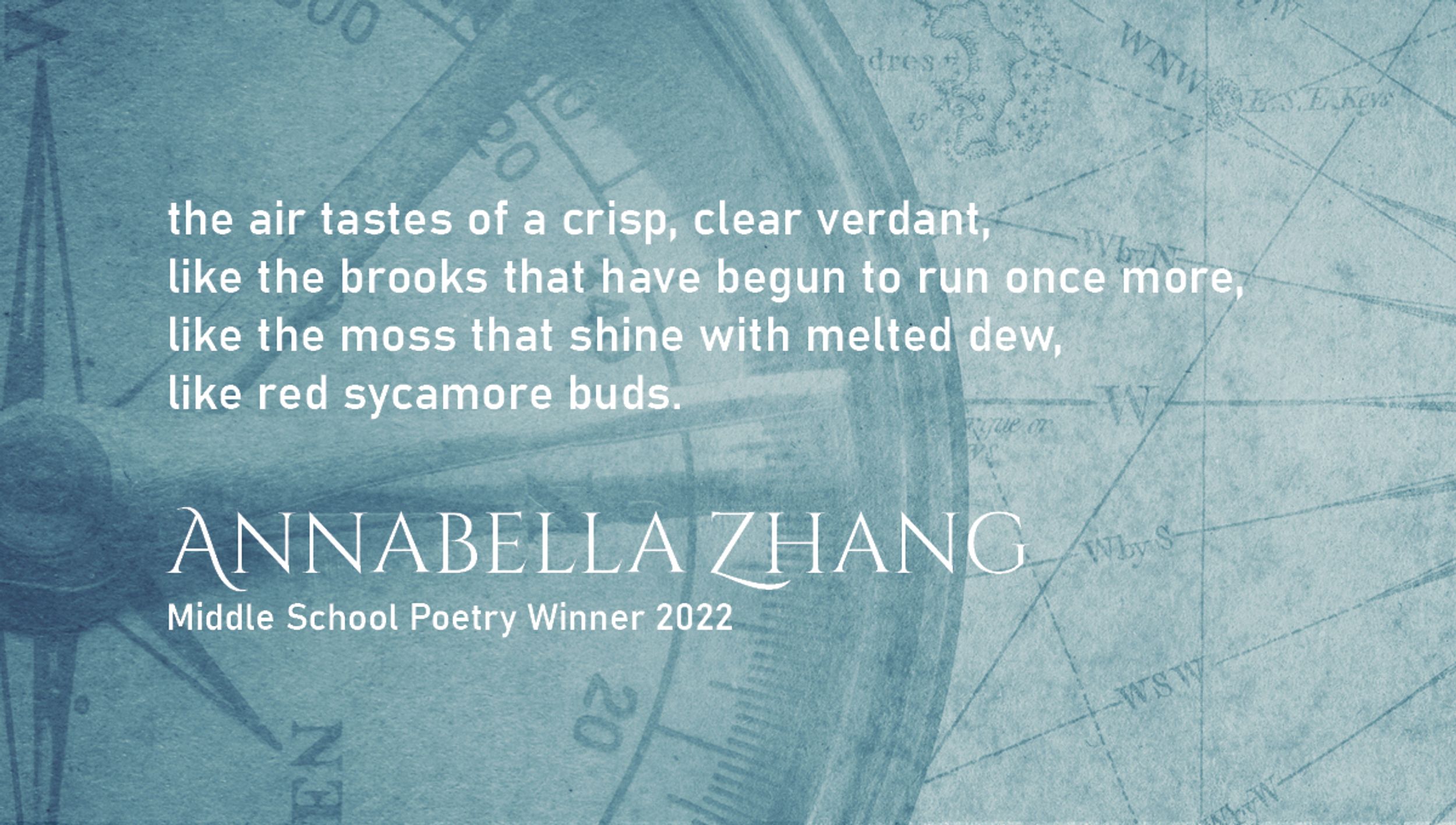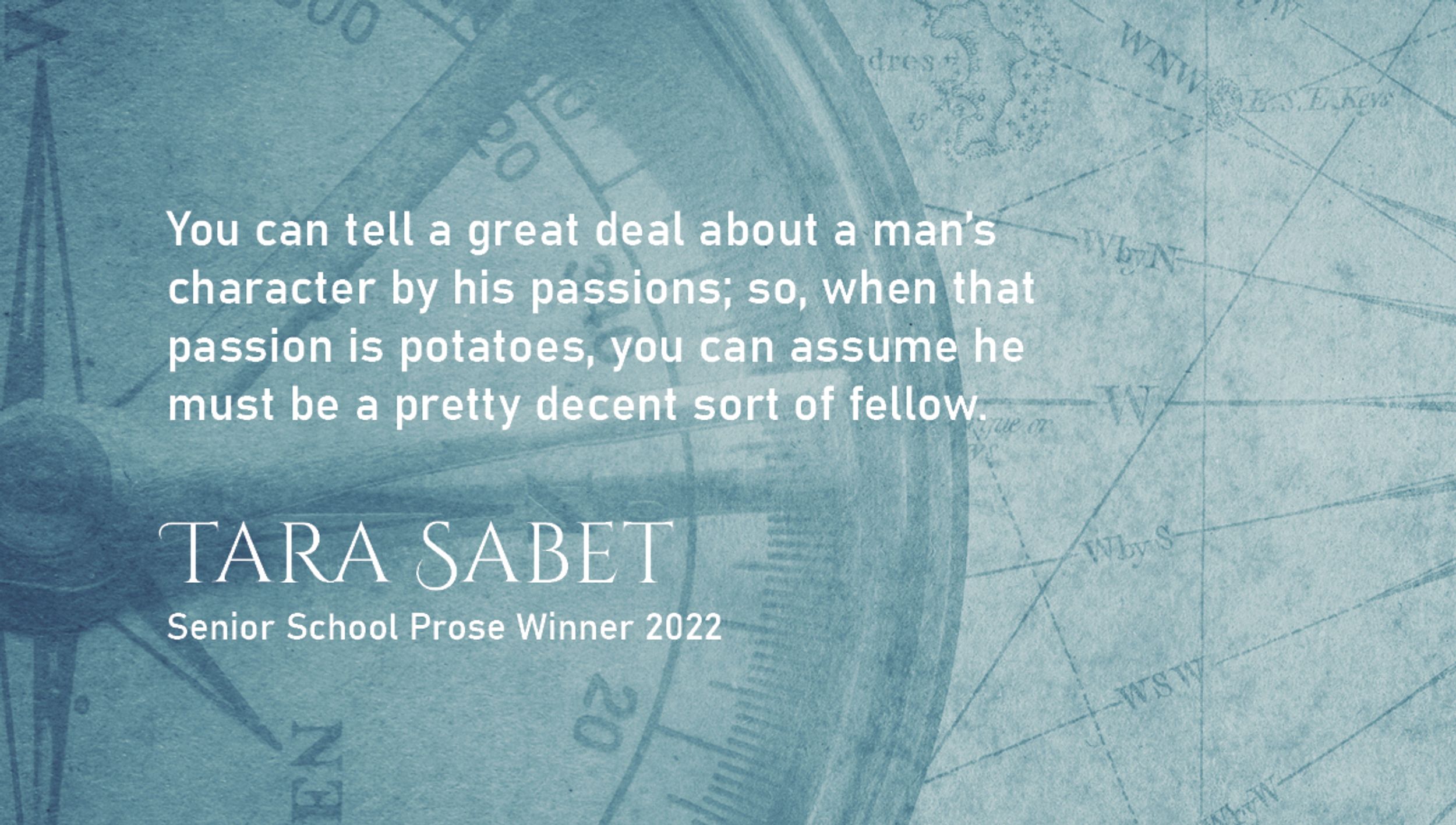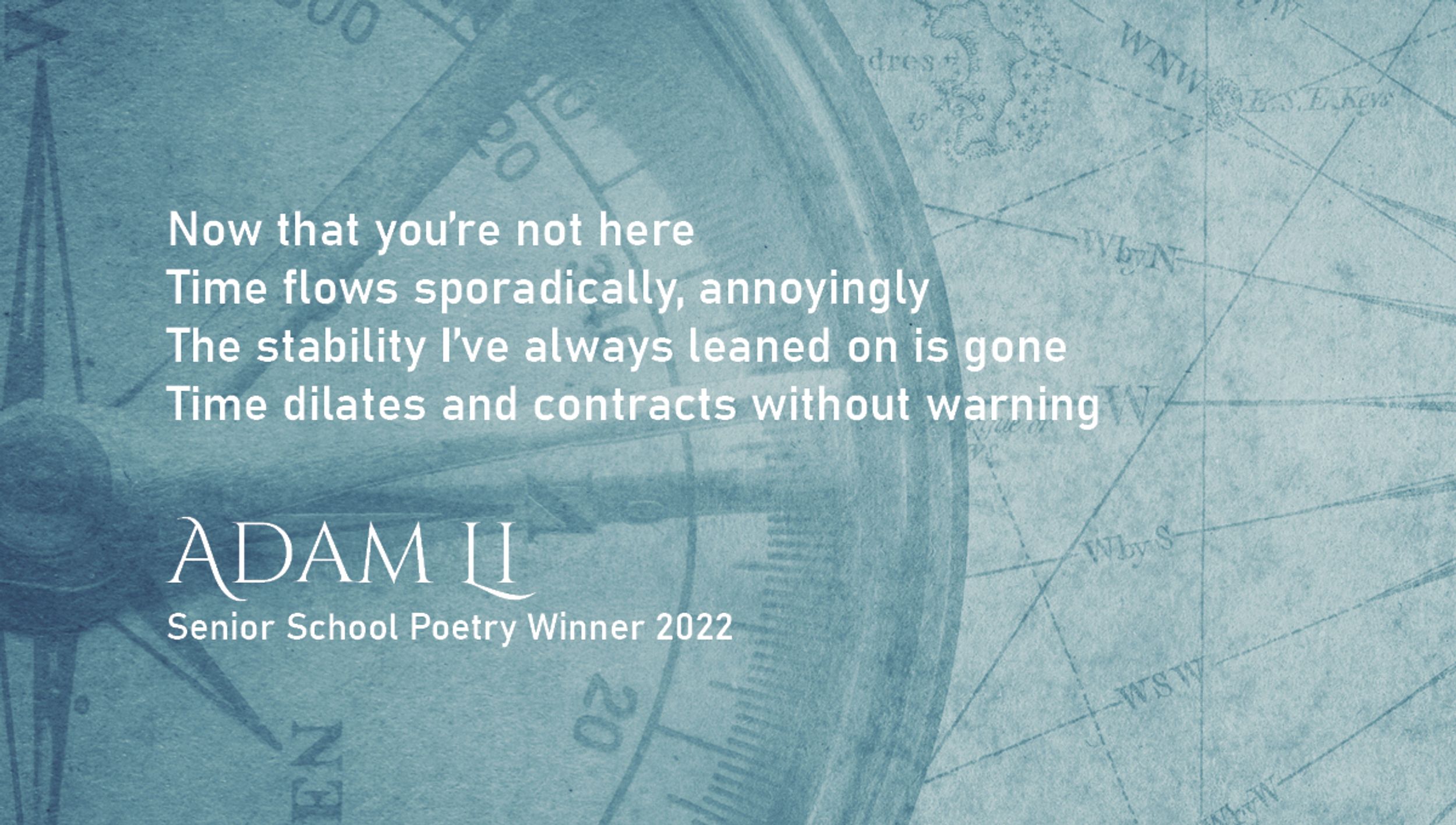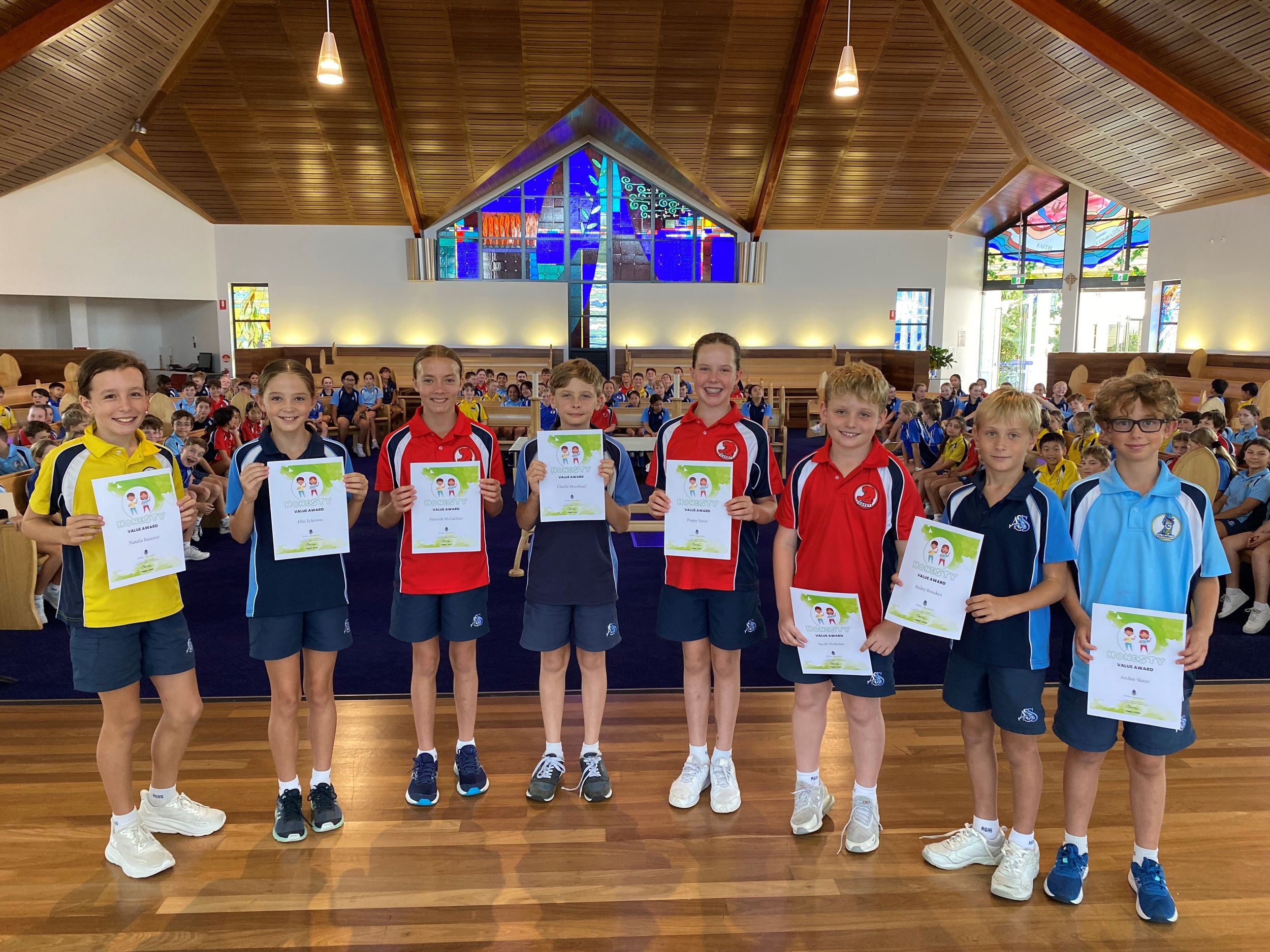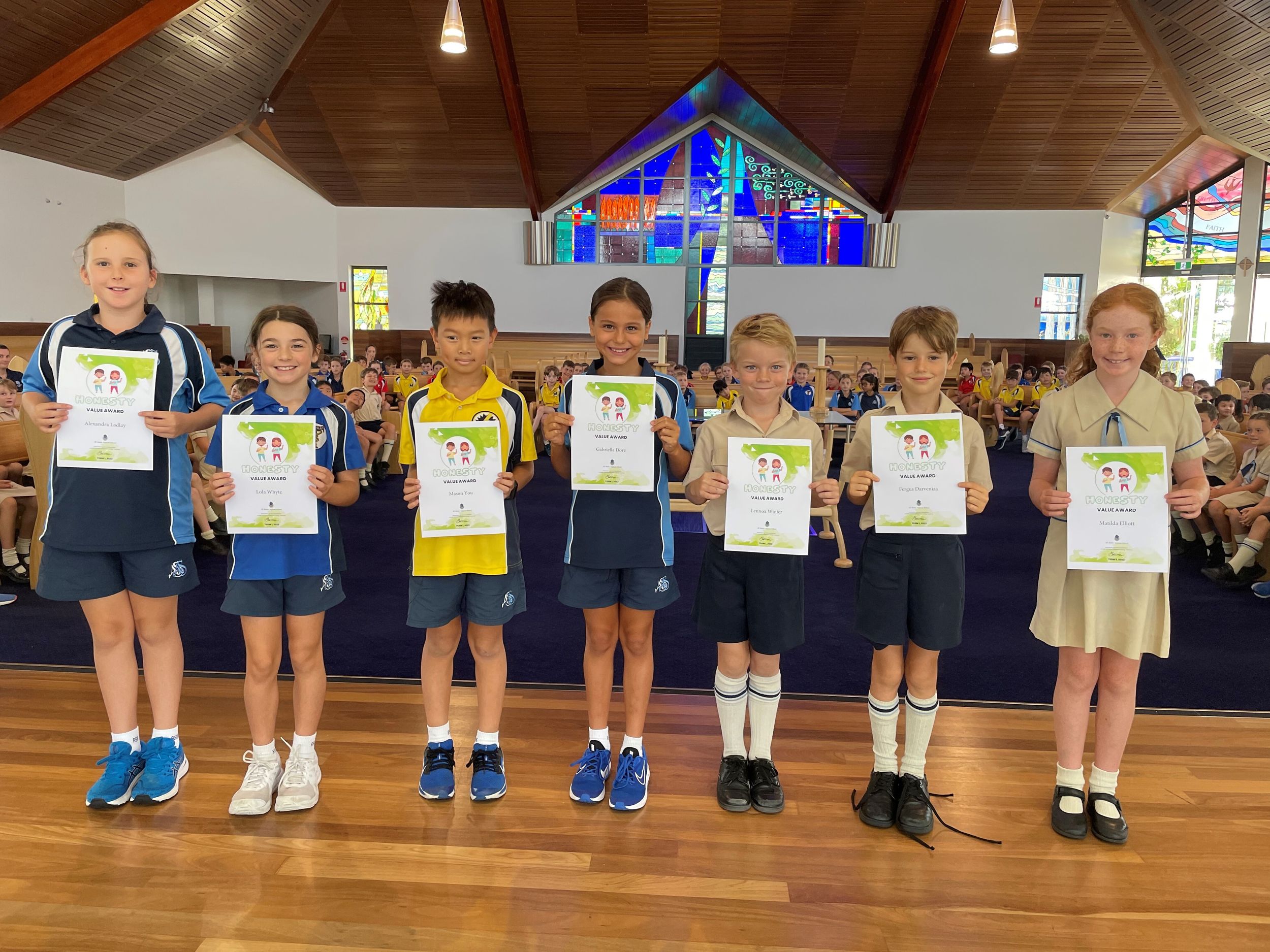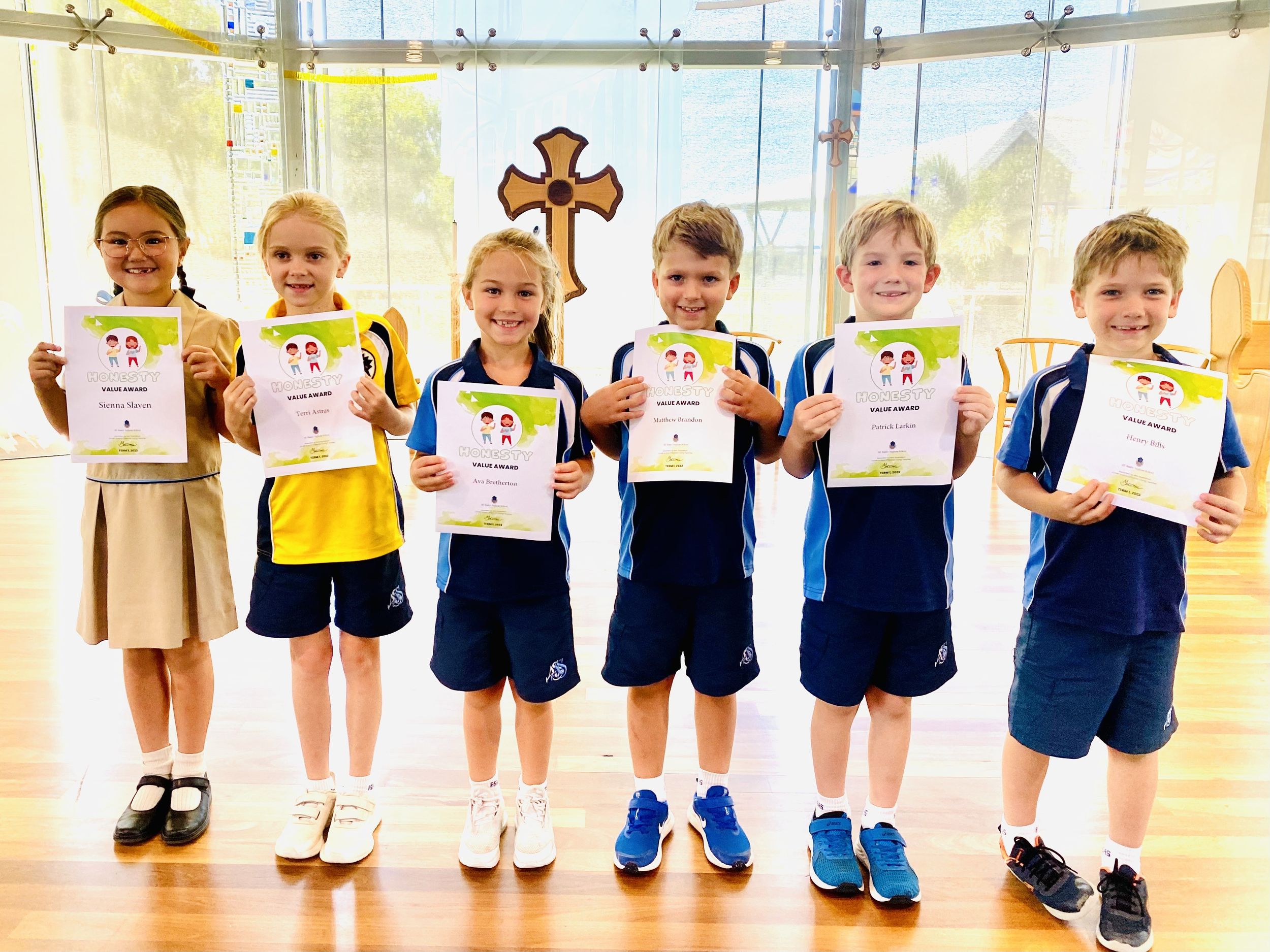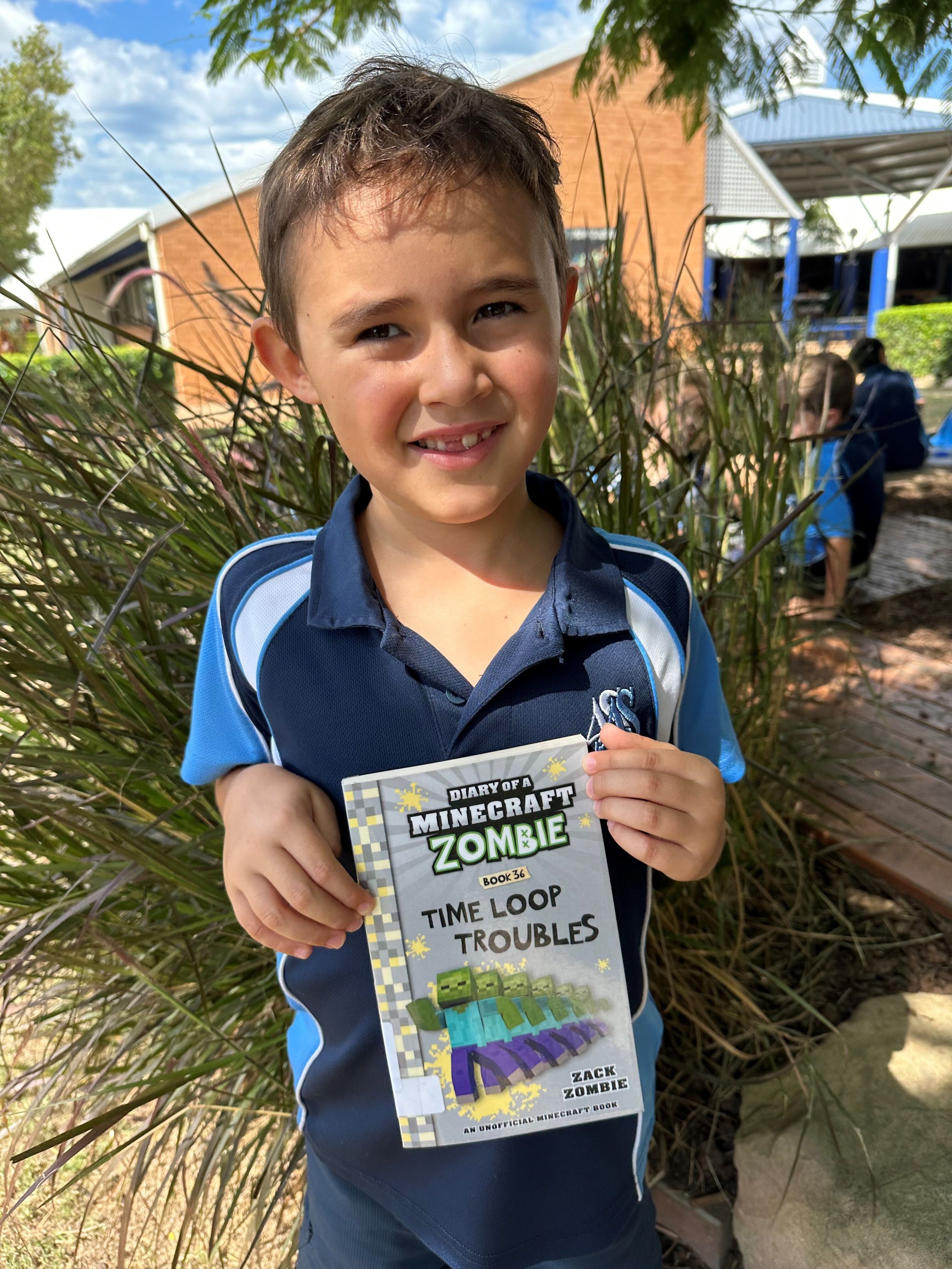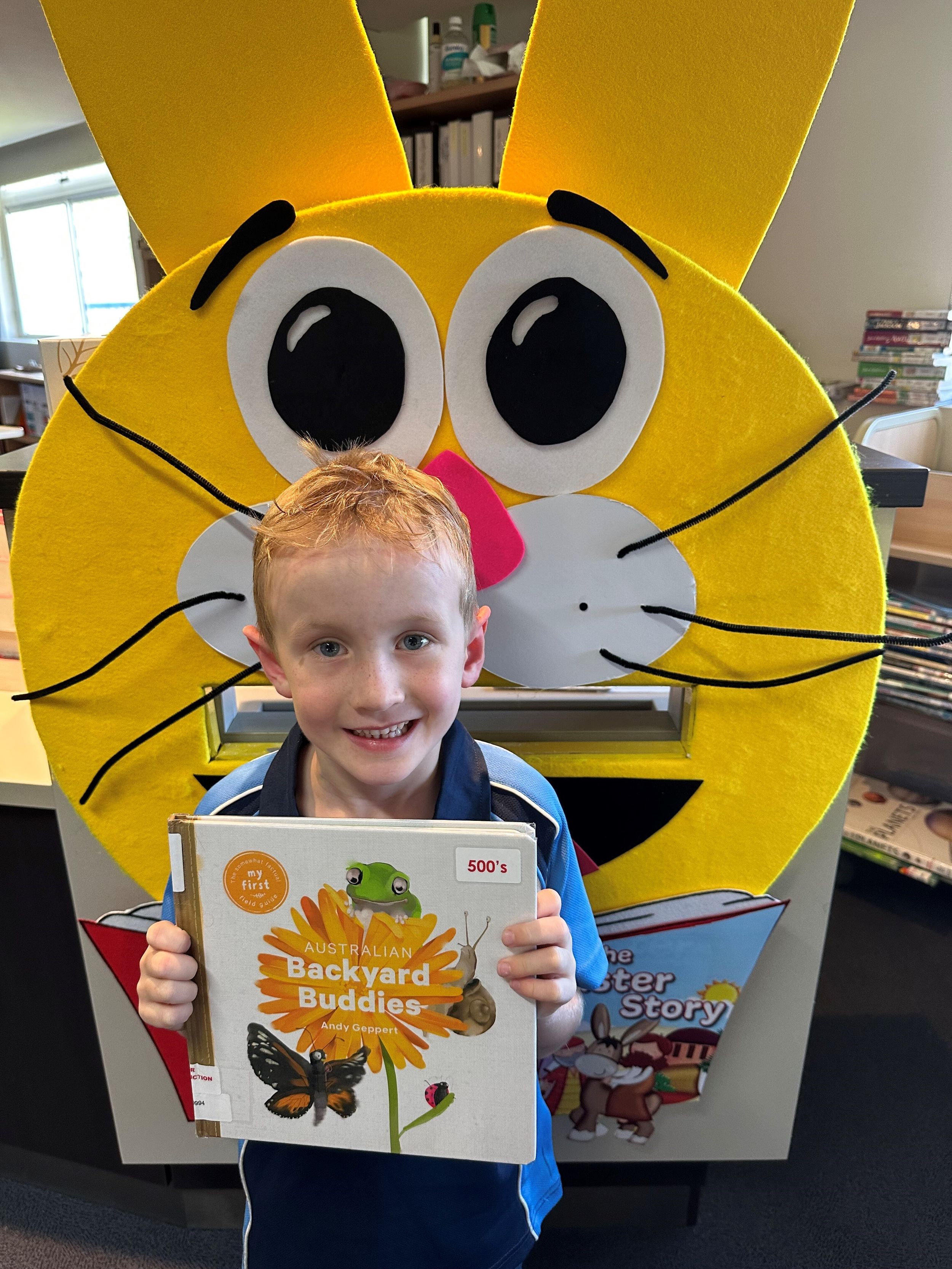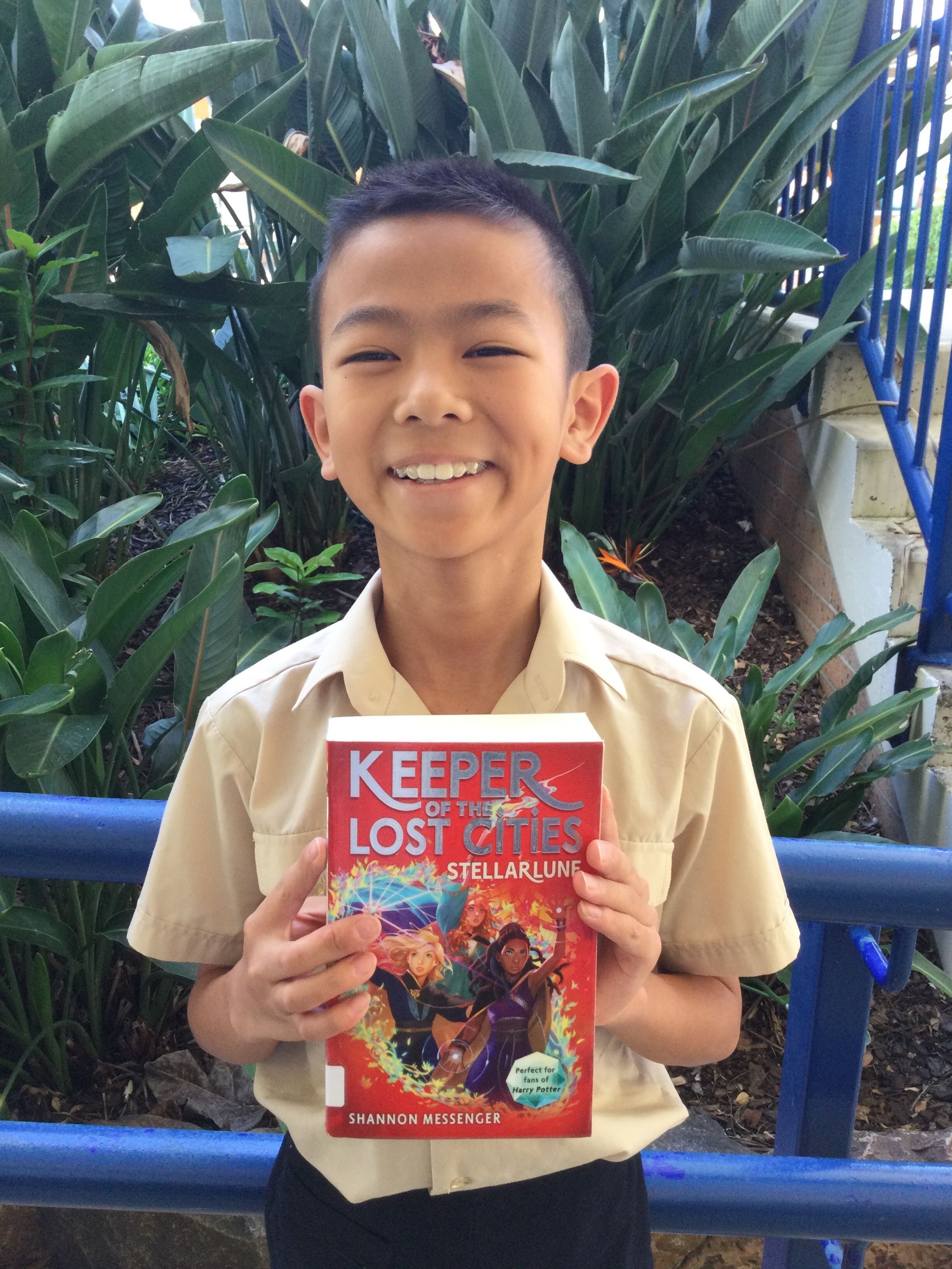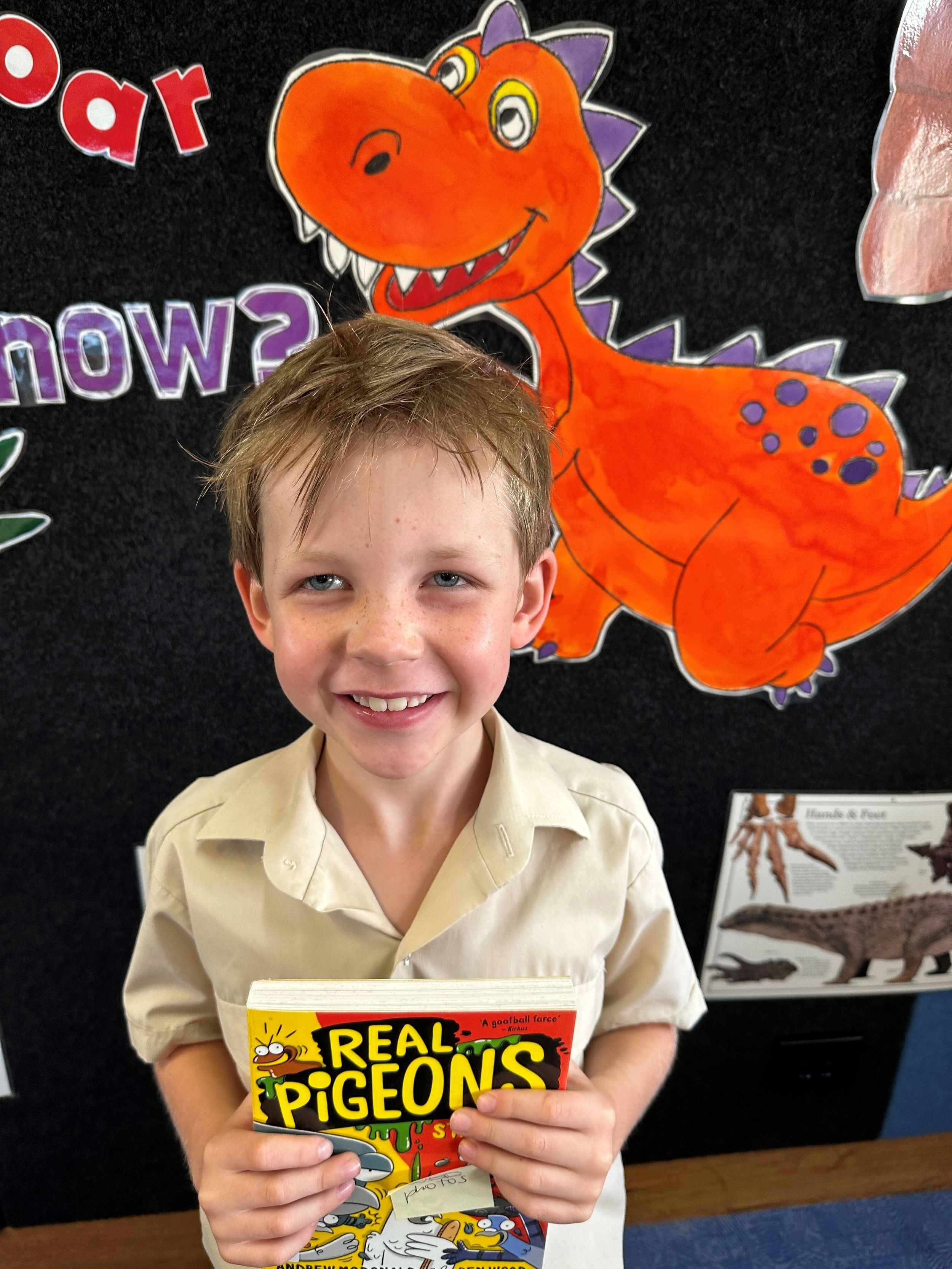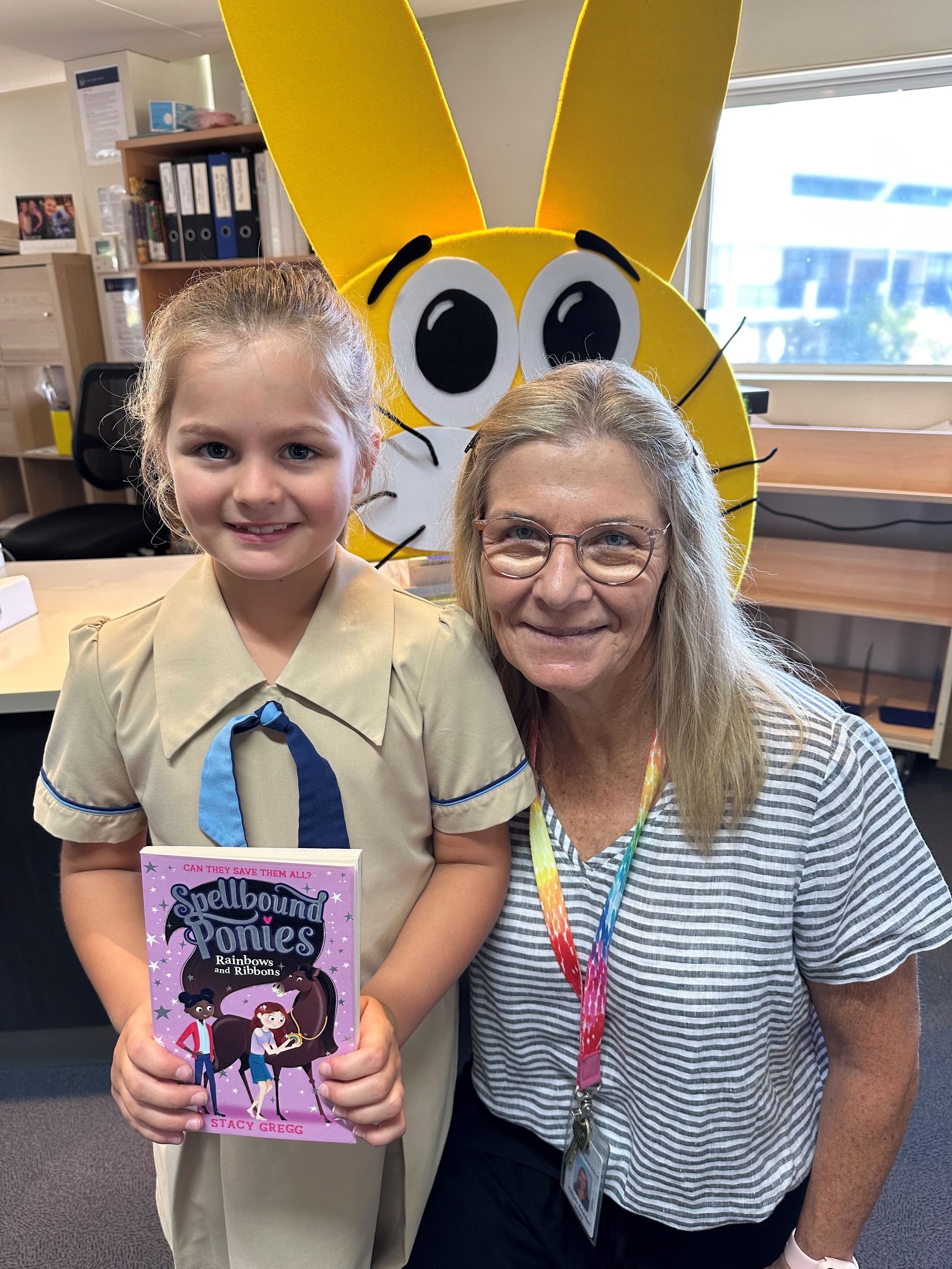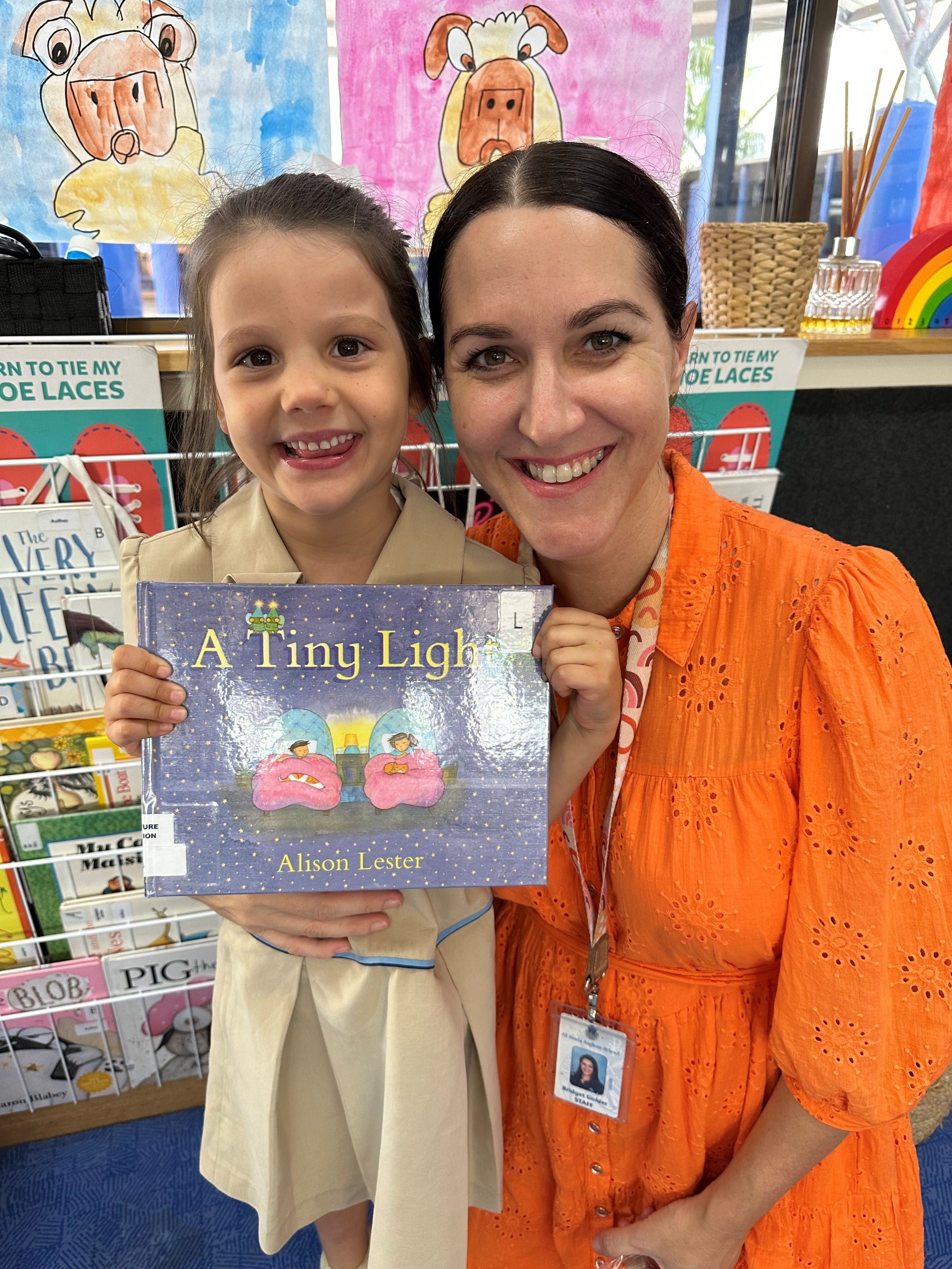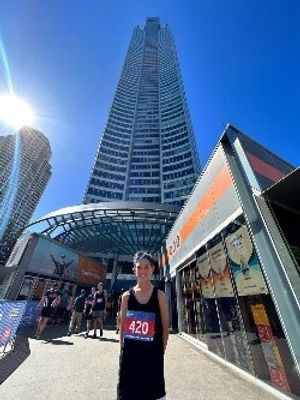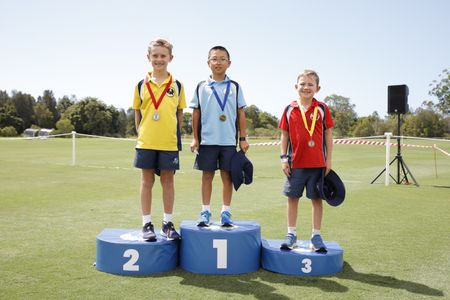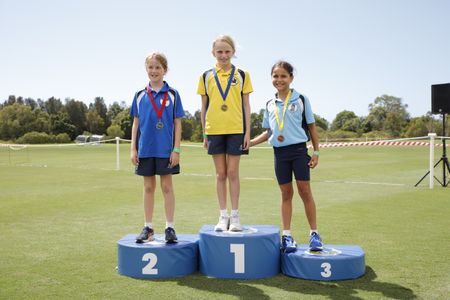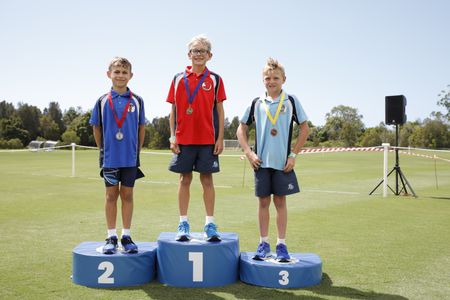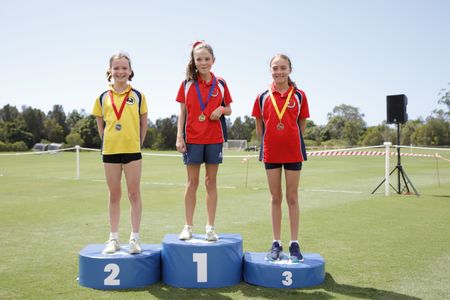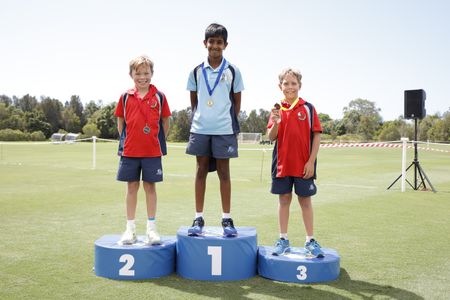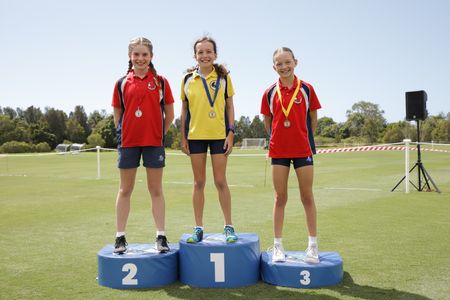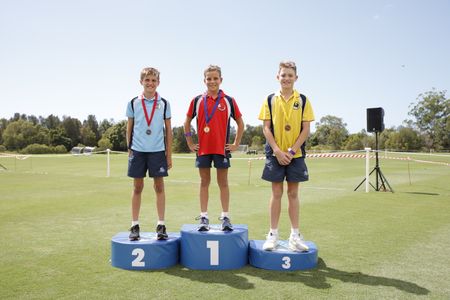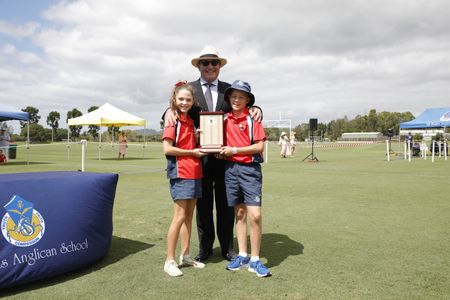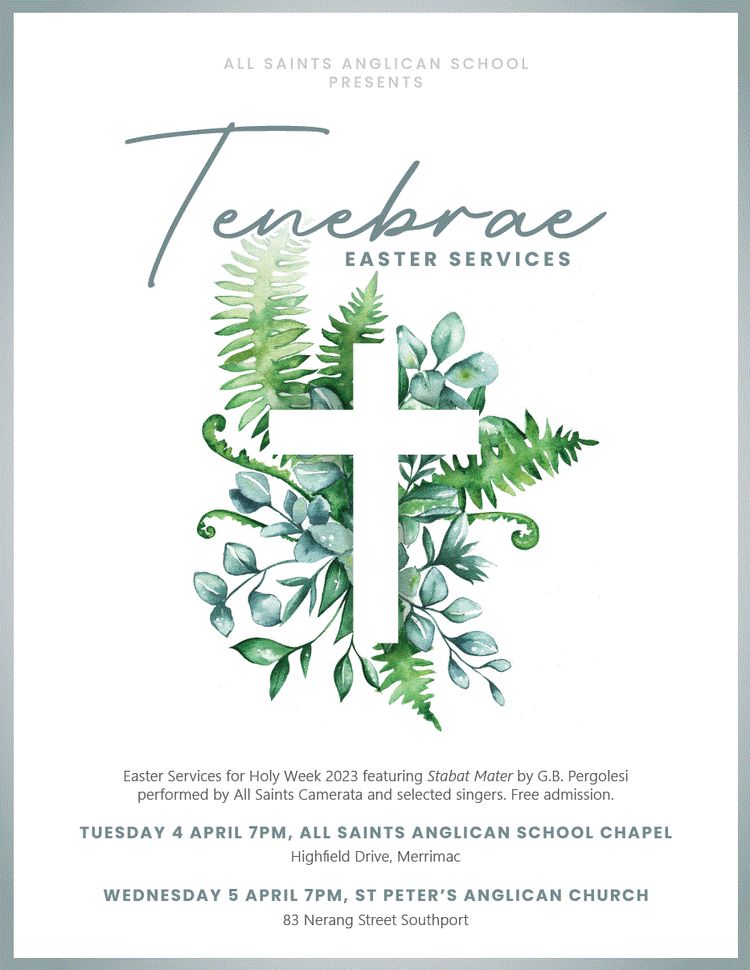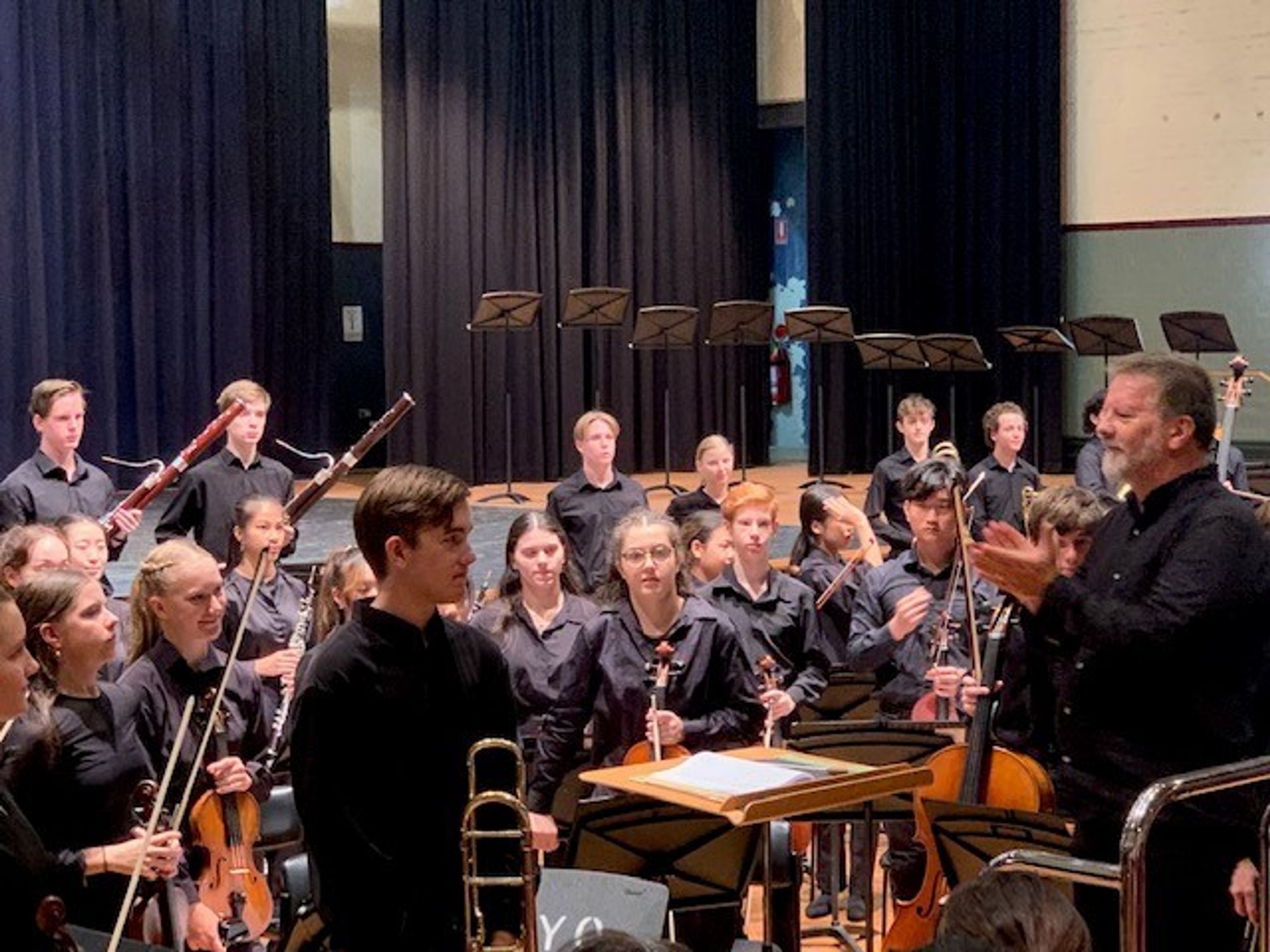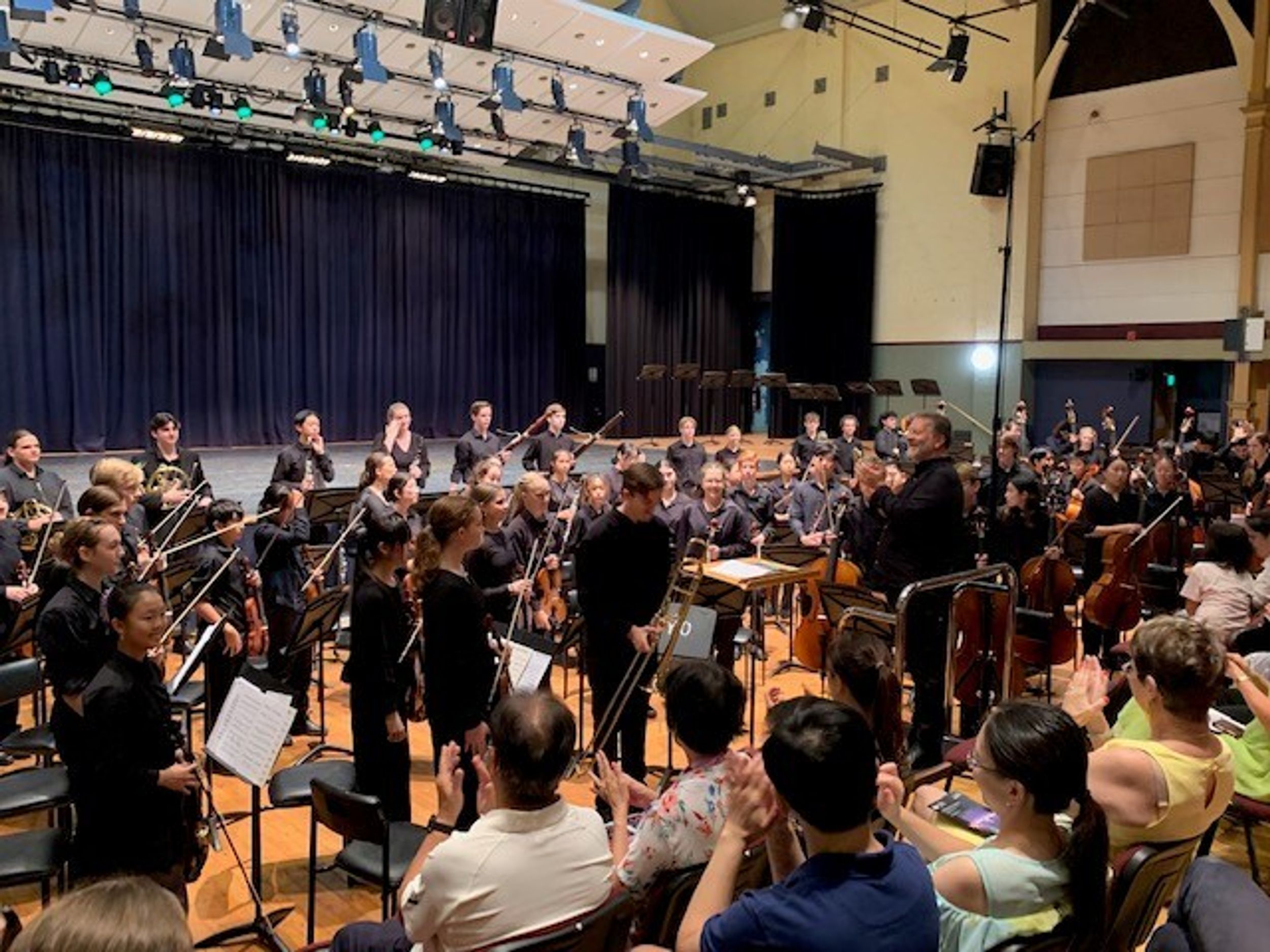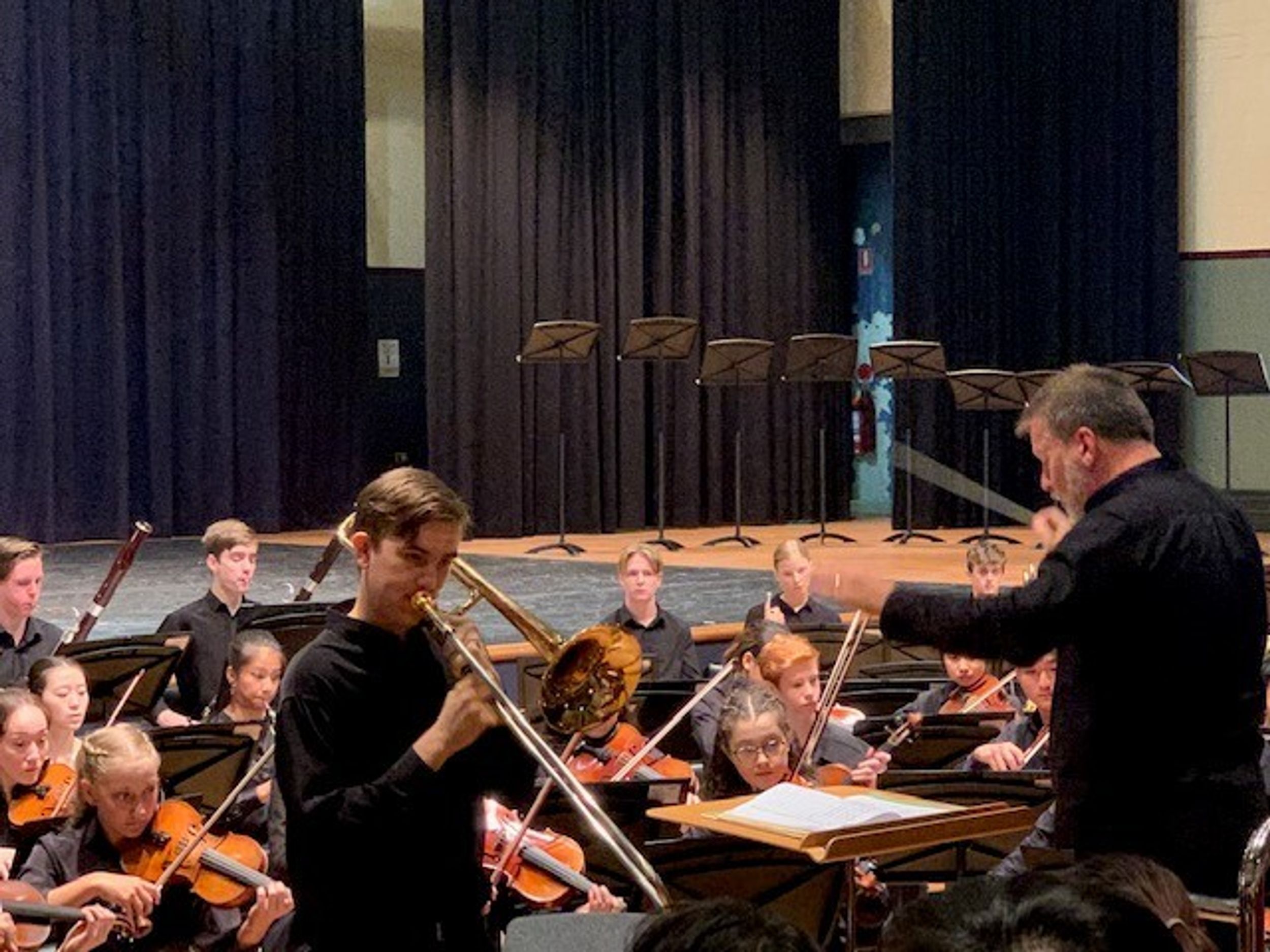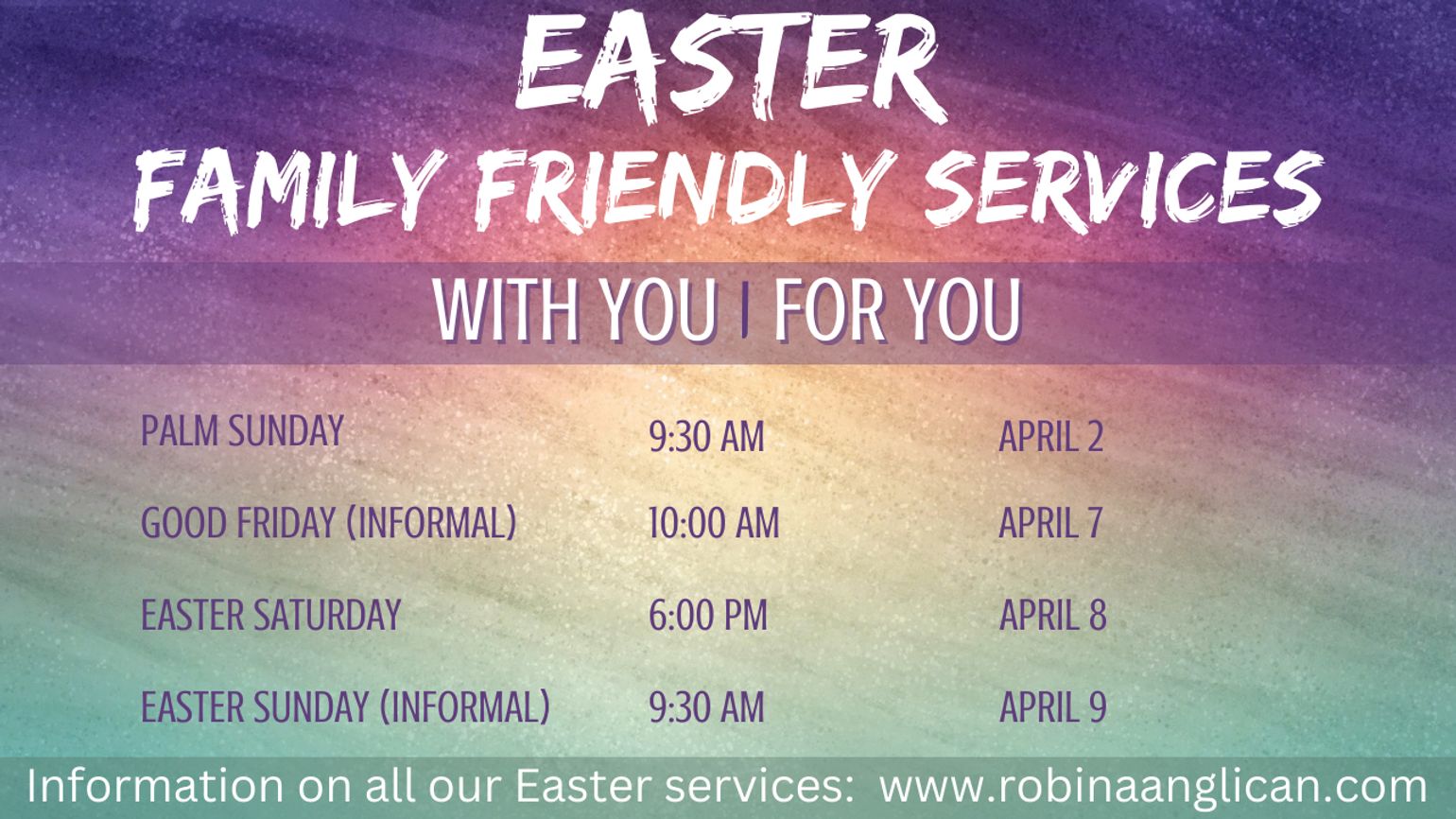At the Heart of Reconciliation
The plight of our First Nations people is very much in the news at present with the referendum looming. Despite all our efforts at reconciliation, it seems to me that our Indigenous people and their concerns are not really becoming more visible in a society that privileges individualism over integration and wholeness. As so often happens in debates of this kind, there exists a haunting parallel between the life of the individual and the life of our nation.
There is something both evocative and potentially healing about the word ‘reconciliation’. It may be defined as ‘a restoring or bringing back to friendship or unity.’ It occurs to me that we are far more likely to be able to take the necessary steps towards reconciling our past as a nation if we have at least considered the ways in which our own lives as individuals are in need of reconciliation. The act of reconciling the various demands made on our time and our energy as we grope our way towards some sense of balance (which will probably always be delicate and precarious), might in time lead to a sense of integration, a feeling that the diverse elements which make up our lives and thus influence our destiny are somehow working in harmony, and therefore leading us in a wholesome way towards the fulfilment of our destiny as children of God. If we can achieve this miracle of integration, then we are more likely, I believe, to be able to live with integrity.
For our students, this process might involve reconciling their desire to take risks and defy the responsibilities placed upon them by a generation fearful for their safety and their future prospects, with the need to establish their place, through diligent and responsible study, in the hierarchy of a competitive world. Implicit in this is their need to also reconcile the hopes of us, their parents, who (however hard we might try to resist it) feel drawn to measure their achievements against the benchmarks established by a status-conscious society, with their awareness that their hearts are encouraging them to reject the stresses and tensions that in some cases characterise their parents’ chosen paths.
For the staff at All Saints the challenge is to somehow reconcile the expectations placed upon us by an institution committed both by charter and by inclination to the individual care and tutoring of our students, with our roles as loving partner, father, mother, son or daughter and loyal friend. The same tensions exist for the parents in our school community, whose lives are just as frantic and difficult to control; and for all of us, students, staff and parents, there exists the more fundamental challenge to integrate those competing forces which define who we are.
Perhaps the starting point for this process of reconciliation is to reacquaint ourselves with a sense of gratitude for what we have. We can choose to value our daily lives through the frustrations they inevitably inspire. We can invest our faults with an energy and significance that renders us powerless to resist them. We can look for the deficiencies in others in ways that will ensure they disappoint. Or we can choose to notice the many blessings in our daily lives; we can remind ourselves that God loves us, warts and all, and is ever-present in our struggle towards the light; we can choose to see that same light shining in others. It requires a deliberate, proactive shift in our perspective. It requires us to see that glass into which we pour water from the tap, a simple daily ritual that is denied huge sections of the human family, as half full.
When people express their concern to me about the ‘handouts’ offered to the Indigenous communities in Australia, I politely enquire if they would like to trade places with them; and when I recite the precious words from the liturgy of the Eucharist, ‘Christ has died; Christ is risen; Christ will come again’, I sometimes try to imagine the places in our magical land where He might feel most at home on His next visit. Perhaps He might feel most welcome in the distant, sparse, ill-appointed communities which so many of our Indigenous people call home.
I am immensely grateful to Mr Mark Stevens and his amazing team of willing helpers for his efforts in spearheading our determination to enhance our community’s understanding and appreciation of our First Nations people and specifically of the Kombumerri people who have lived in this area of South-East Queensland for millenia. We have achieved much in this area over the last year or two but there remains much to be done. I am convinced that by working together as a community we can truly make a difference and contribute in meaningful ways to the healing of this nation we love.
Mr Patrick Wallas
Headmaster


